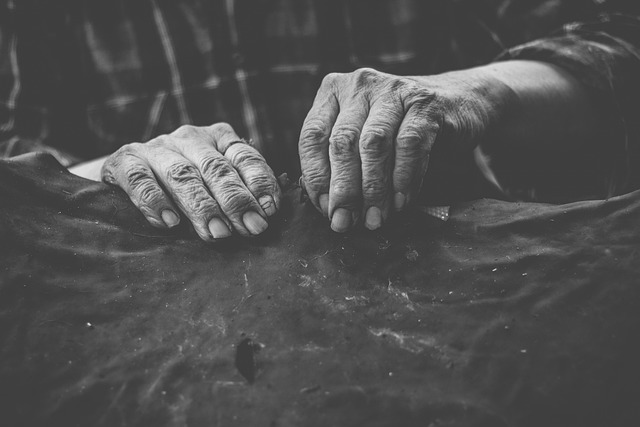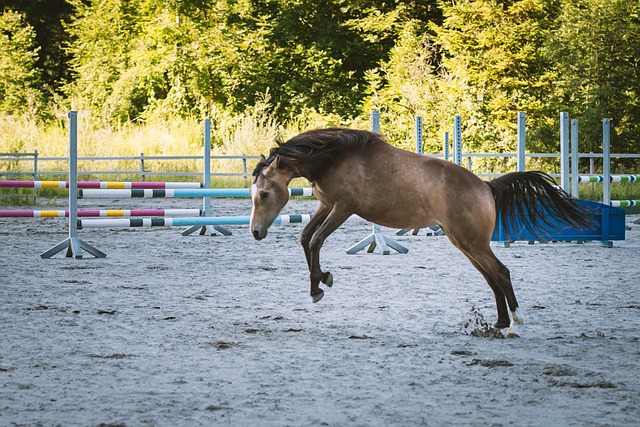Survivors of Masters Ranch have united to file lawsuits against the facility, seeking justice and accountability for alleged abuse and misconduct. The potential outcome could set precedents in holding organizations responsible for the welfare of those under their care, offering financial compensation, and fostering a culture of justice, ultimately leading to community healing.
Survivors of alleged abuse at Masters Ranch are taking legal action, uniting to file lawsuits against the facility. This collective step marks a significant moment in their journey towards justice. The article delves into the motivations behind these suits, exploring the complex web of trauma and pursuit of accountability. By examining the potential outcomes, we analyze how this masters ranch lawsuit could set precedents for protecting victims’ rights and ensuring transparency.
- Legal Action: Survivors Unite Against Masters Ranch
- Understanding the Motives Behind the Lawsuit
- Potential Outcomes and Impact on Victims' Rights
Legal Action: Survivors Unite Against Masters Ranch

In a collective stand against the alleged abuses and misconduct, survivors of Masters Ranch have united to pursue legal action. This significant step, driven by a desire for justice and accountability, marks a pivotal moment in their journey towards healing and closure. By banding together, these individuals aim to hold Masters Ranch accountable for the harm they allege was inflicted upon them during their time at the ranch.
The Master Ranch lawsuit reflects a broader trend of survivors across various institutions coming forward to seek legal redress. Armed with stories of emotional distress, physical abuse, and other forms of maltreatment, they are determined to ensure such practices are not only addressed but also deterred in the future. As these cases progress, they have the potential to set precedents for holding organizations accountable for the welfare of those under their care.
Understanding the Motives Behind the Lawsuit

Many survivors of alleged abuse at Masters Ranch are pursuing lawsuits against the facility, driven by a desire for justice and accountability. The Masters Ranch lawsuit aims to hold the institution responsible for any harm or neglect suffered during their stay. These individuals seek compensation for emotional distress, physical injuries, and the long-term psychological impacts of their experiences.
Understanding the motives behind these legal actions is crucial. Survivors hope to shed light on potential systemic issues within the ranch’s operations, including inadequate oversight, negligence in care, and possible cover-ups. By pursuing a Masters Ranch lawsuit, they aim to create change, prevent future abuses, and ensure that other vulnerable individuals are protected from similar fates.
Potential Outcomes and Impact on Victims' Rights

The outcome of Masters Ranch lawsuits could significantly impact victims’ rights and set a precedent for similar cases. If successful, these legal actions may lead to substantial financial compensation for survivors, which can aid in their physical and emotional recovery. It would also serve as a powerful tool for accountability, holding the responsible parties accountable for their actions. This could encourage transparency and potentially prevent future instances of abuse by deterring similar behaviors.
Additionally, these lawsuits might foster a culture of justice and healing within affected communities. By sharing their stories in court, survivors can break free from silence and stigma, gaining validation for their experiences. Such legal processes can also raise awareness about victim’s rights, empowering others to speak up and seek justice.
The survivors of the traumatic experiences at Masters Ranch have taken a courageous step by pursuing legal action. By uniting their voices, they aim to hold the facility accountable for its past wrongdoings. This Masters Ranch lawsuit not only seeks justice but also has the potential to establish significant precedents in protecting victims’ rights. The outcome could set a powerful precedent, ensuring that similar institutions operate with greater transparency and accountability, ultimately preventing further harm.
